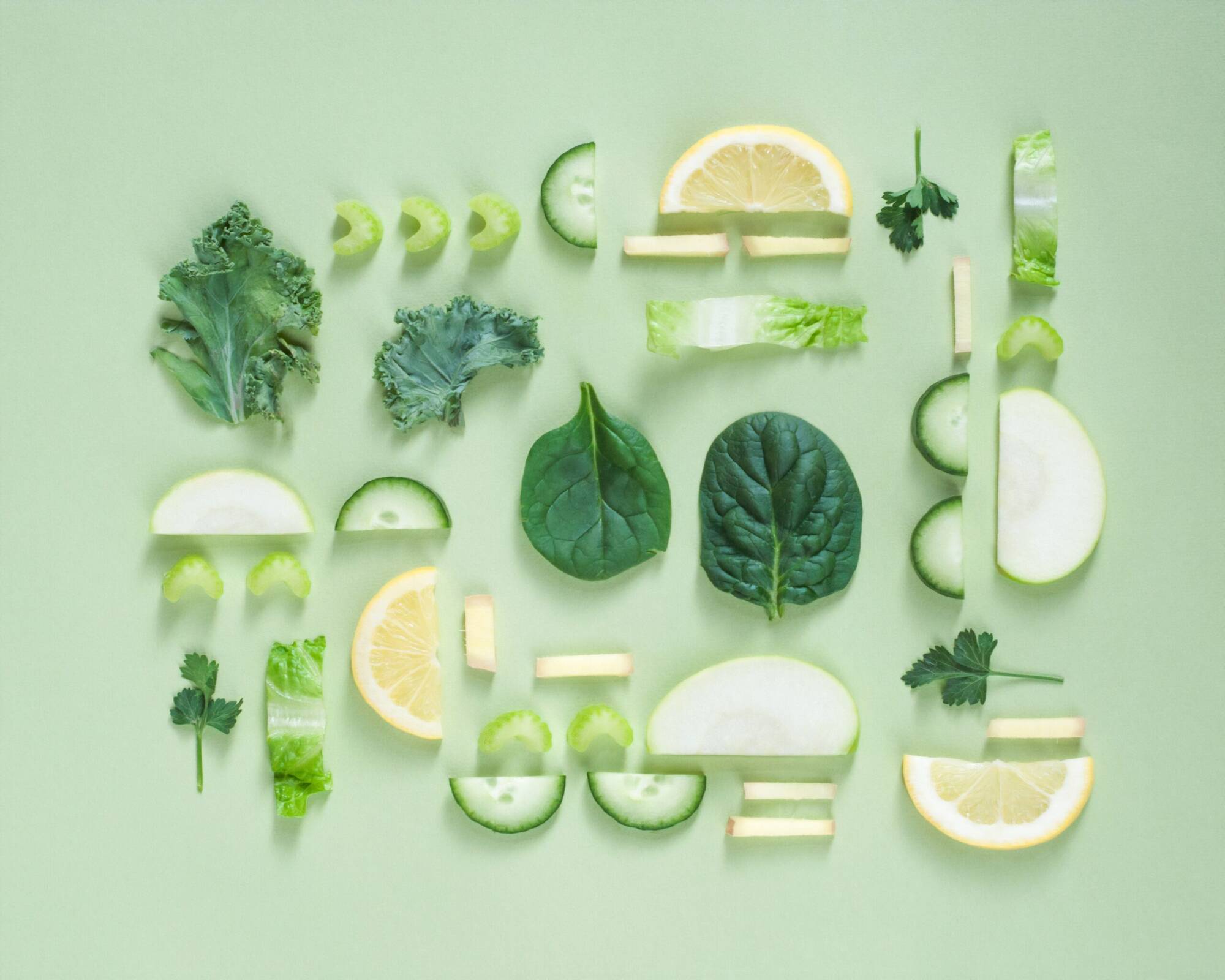Everything You Need To Know About Gut Health:
The Complete Guide To a Healthy Gut20-MINUTE READ
Believe it or not, trusting your gut is more than advice to get you out of a tricky situation. Your gut plays an essential role in your overall health and well being so if your gut is telling you something that isn’t so great, maybe you should be listening?
Understanding gut health and everything that it entails can seem complicated and messy (as things involving your tummy often are) and it’s hard to know where to start.
Don’t worry, this is why we’ve put together this handy little guide. We will break down what your gut is, why it matters, what you can do to improve your gut health, what you should avoid when it comes to your gut and everything in between!
Hopefully, after reading this, you may feel you can trust your gut? Or at least listen a little more the next time it tries to tell you something!
What is your Gut
The best way to understand your gut is to look at it as an ecosystem. Your gut is made up of the following organs:
- mouth,
- oesophagus,
- stomach,
- pancreas,
- liver,
- gallbladder,
- small intestine,
- colon, and
- rectum.
It is the long tube that runs through your body, starting at your mouth and finishing… well we’re sure you can guess.
In order for it to function, all these respective parts need to be in good balance to ensure everything can work how it’s meant to. Your gut is unique when compared to the rest of your body as it contains more healthy bacteria – or flora – than any other cells in your body.
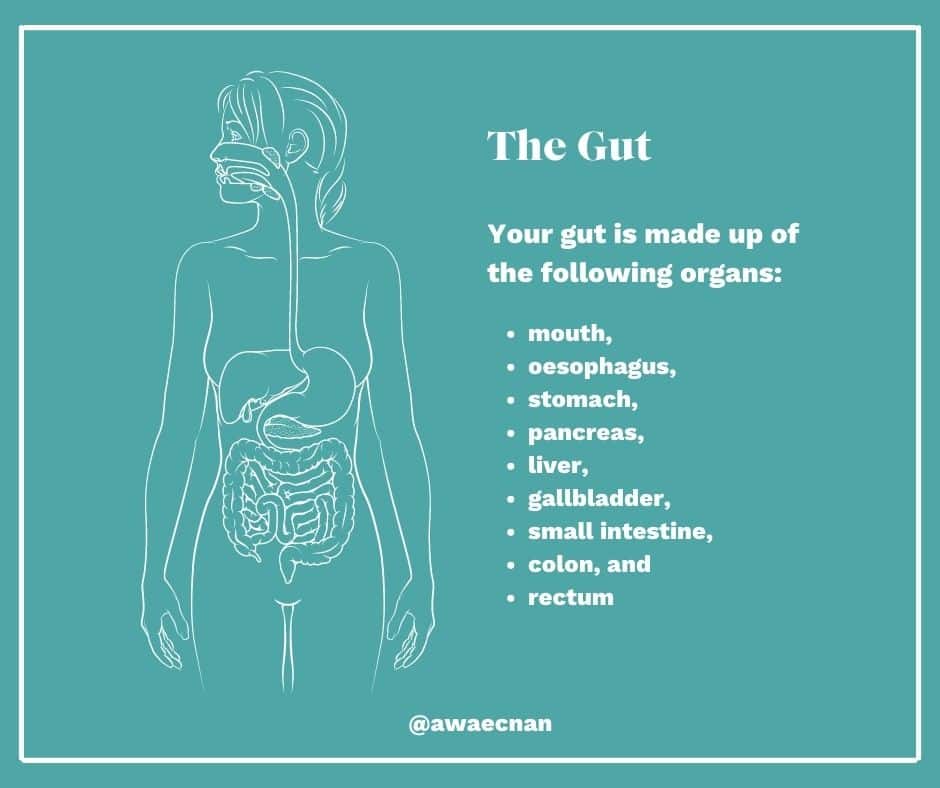
Why is Gut Health Important
Your gut is your bodies fuel intake, power station, sorting station, and waste disposal solution, all rolled into one. It takes everything that you put into your mouth, sorts the good, the bad, and the useless out and then sends it wherever it needs to go. So, as the source that keeps you going every day, gets rid of toxins and the bits we all leave behind, it starts to become very obvious as to why your gut health is so important.
However, your gut does so much more than simply organising your breakfast, lunch, and dinner. It plays a crucial role as a gatekeeper to protect us from harmful substances that can enter our bodies. The environment we live in surrounds us with naturally occurring bacteria. Think of it like any singing contest you’ve watched on TV. Thousands of contestants (bacteria, substances, food) can show up but Simon Cowell (our gut) can only let the best ones into the next stage (our body and bloodstream).
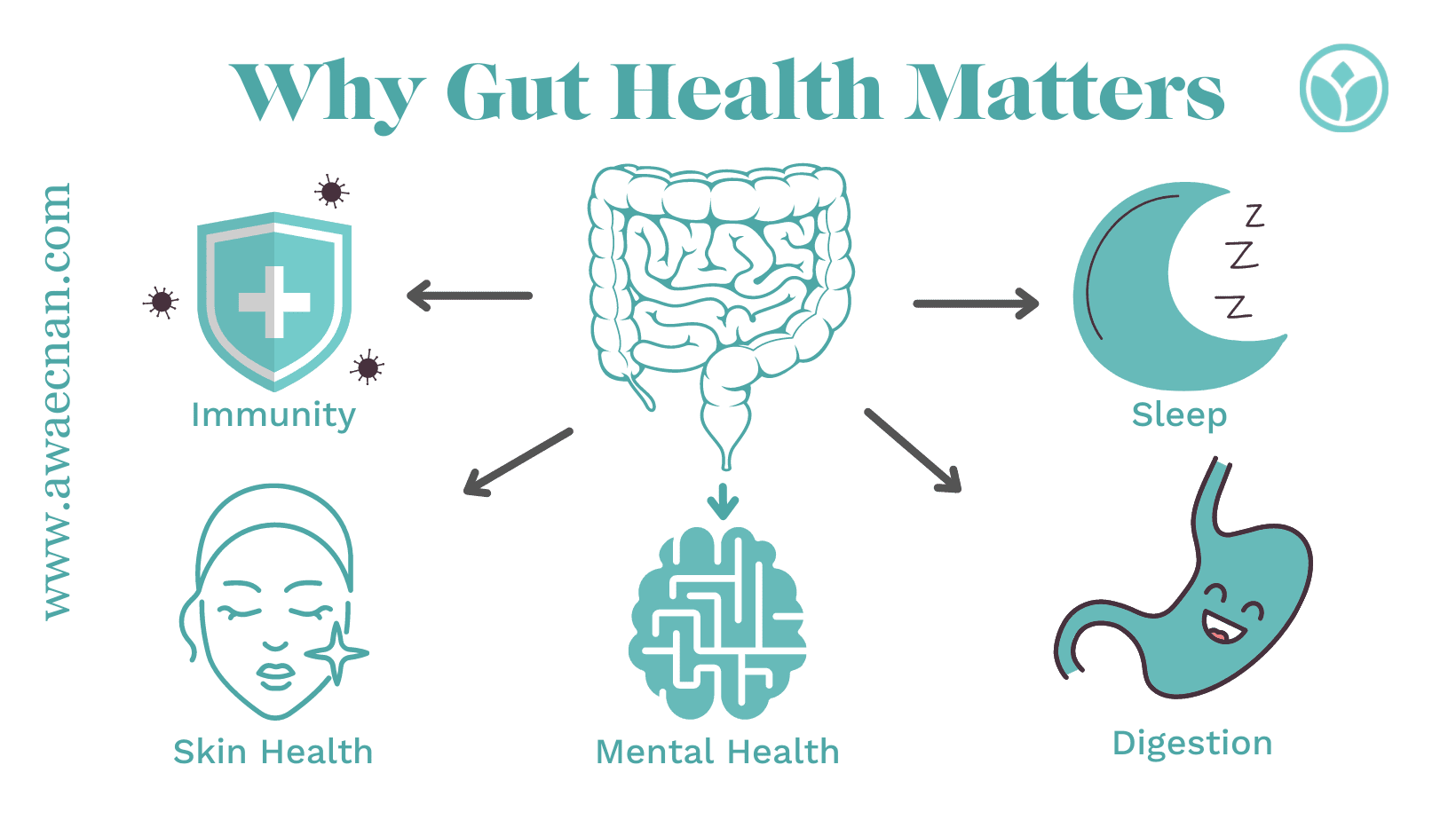
For your gut to function normally, everything needs to be in good working order. However, an imbalance in this system has a knock-on effect. If you aren’t getting nutrients properly from your food or disposing of waste correctly, this can cause any number of health issues that aren’t obviously connected to your digestion (despite the fact they often are).
Poor gut health can lead to a wide variety of problems including an impact on your mental health, menstrual cramps, general fatigue, joint pain, a weakened immune system, estrogen imbalances and so much more!
What is Gut Health Meaning?
Gut health that all the various components and organs that make up your gut are in good health and a working balance. An imbalance between all of these various organs is what leads to poor gut health.
Ideally, having good gut health means that you are able to ingest and digest food without discomfort and dispose of the waste regularly and with ease (but not too much).

What are the symptoms of an Unhealthy Gut?
Given the number of organs that make up your gut, there are quite a few symptoms that things might not be working as they should be. Some of the main symptoms to be on the lookout for are:
- Unexplained or unusual weight gain or weight loss.
- Autoimmune problems. Common issues include thyroid issues, rheumatoid arthritis and type 1 diabetes.
- Unexplained and regular fatigue or sluggishness.
- Regular sugar cravings.
- Issues with digestion. The more common examples of this include issues like irritable bowel syndrome, bloating, diarrhoea, heartburn or constipation.
- Sleep issues and insomnia.
- Skin rashes, breakouts and or allergies.
- Unexplained mood disorders, such as depression or anxiety.

Discover Your Weight and Wellness Score
…and discover the key to lasting wellness.
The Keep it Off Scorecard benchmarks your ability to make lasting changes, lose weight naturally and keep it off. If you to love your life, love who you are at your core and love food again, this tool will identify your baseline.
Take this scorecard and find out how ready you are to Keep It Off – and receive a report that’ll tell you what to work on to make it happen.
How can I improve my gut health?
As you’ve already read, there are a lot of things that can go wrong and throw your gut health out of balance. Luckily, there are a lot of thighs you can do to increase and support your gut health. Many of these scientifically supported steps are small, but, taking them regularly will help you build a habit. Healthy habits are what help maintain your health, especially when it comes to your gut!
11 of the best ways to improve your gut health:
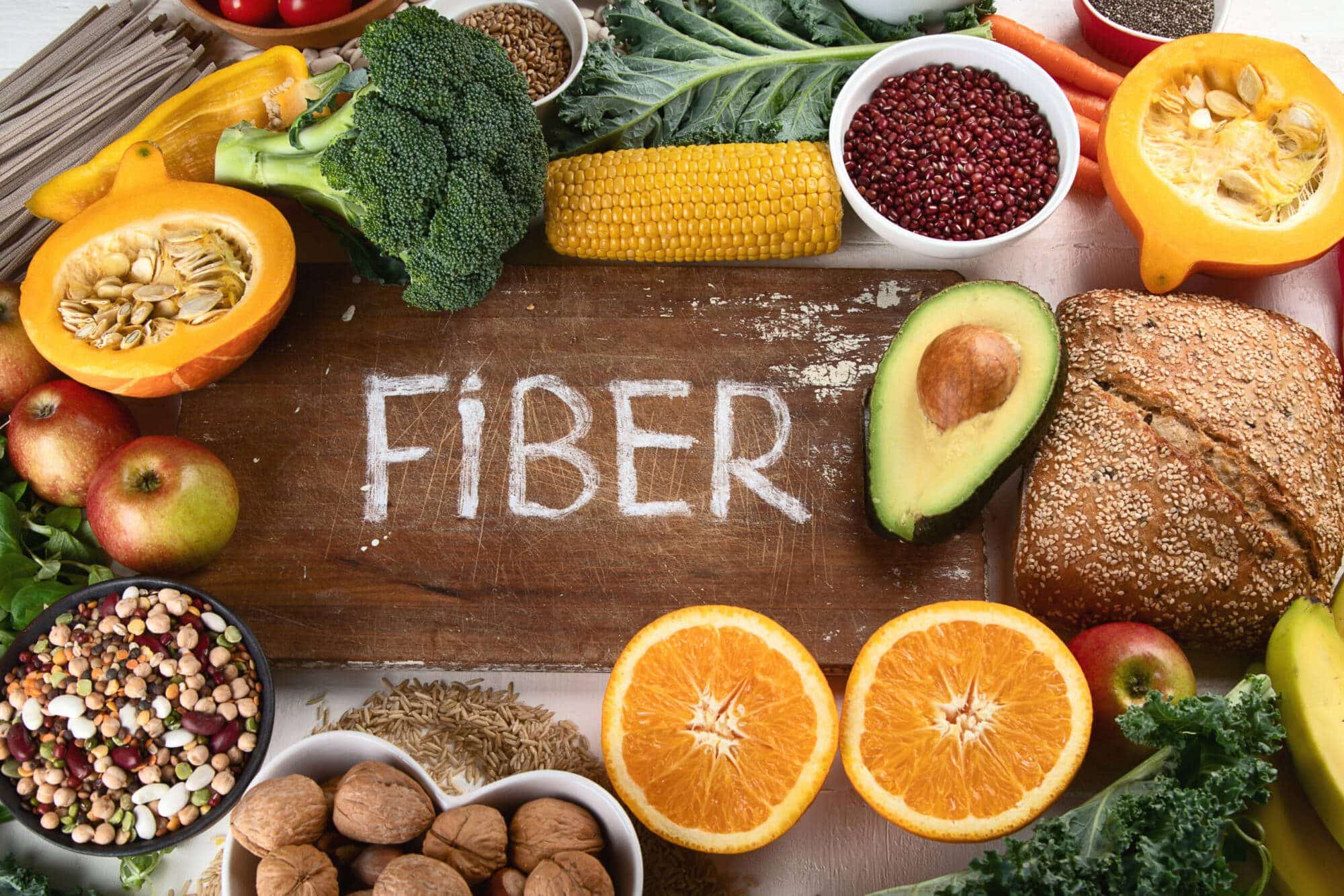
1. Eat Enough Fiber
Fermented food is another great source of nutrients for your gut. Eating fermented food regularly helps keep your cultured bacteria levels high, allowing your digestive tract to perform at its peak. If you can eat dairy, organic Yogurt is an excellent start. You can also try sauerkraut, kefir, tempeh, kimchi or miso.
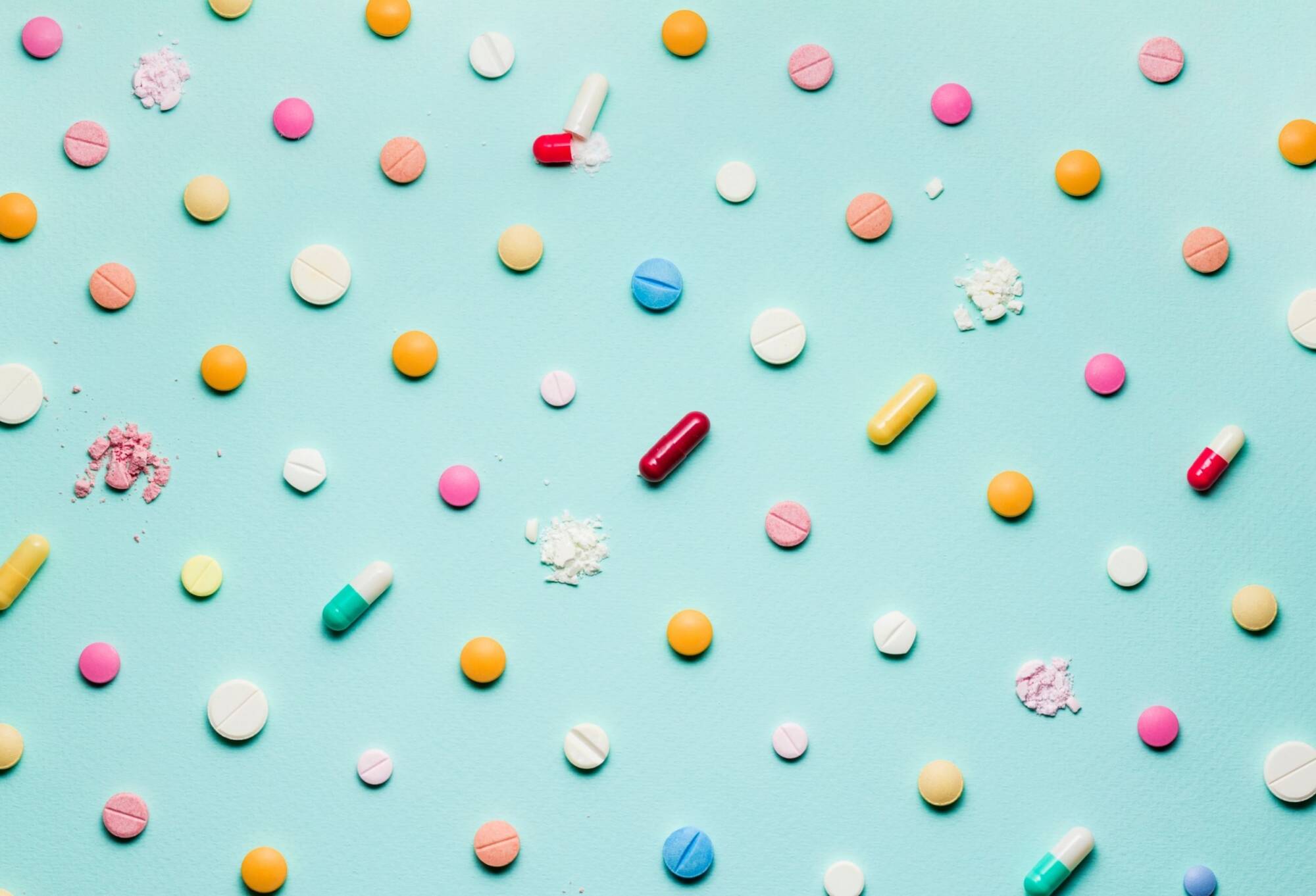
2. Take antibiotics, but only if necessary
However, they are currently overprescribed for ailments that can be treated in other ways. Yes, they kill off bad bacteria but as mentioned earlier, they take out good bacteria in the process.
Simply be mindful and ask your doctor if you do need them for treatment.
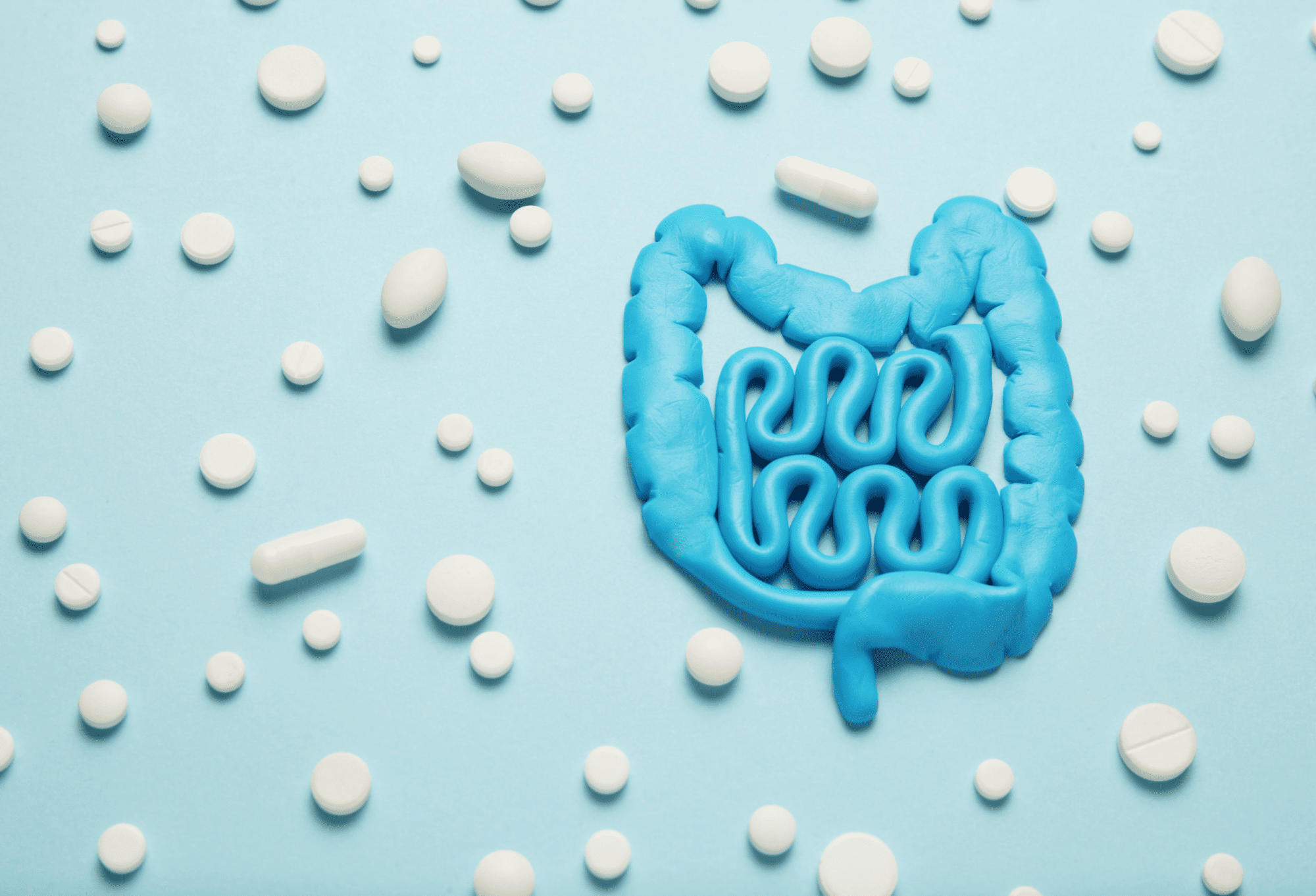
3. Take a Probiotic Stance
This includes everything from the altered food that we eat to the products that we use in our homes. Taking a ‘probiotic course’ periodically can help to increase your microflora and help with digestive issues and inflammation.
I personally take probiotics every day and never felt better. Mental clarity, energy, skin, overall health. It’s been a game-changer for me.
I take and recommend GI-Probalance but if you are in the USA and some other countries you get access to what I call the triple bonus pack. Gi-Biome system (TM). Sadly we can’t get it here in Australia yet. But click here Switch the site to your country to see if it’s available or write to use if you need help.
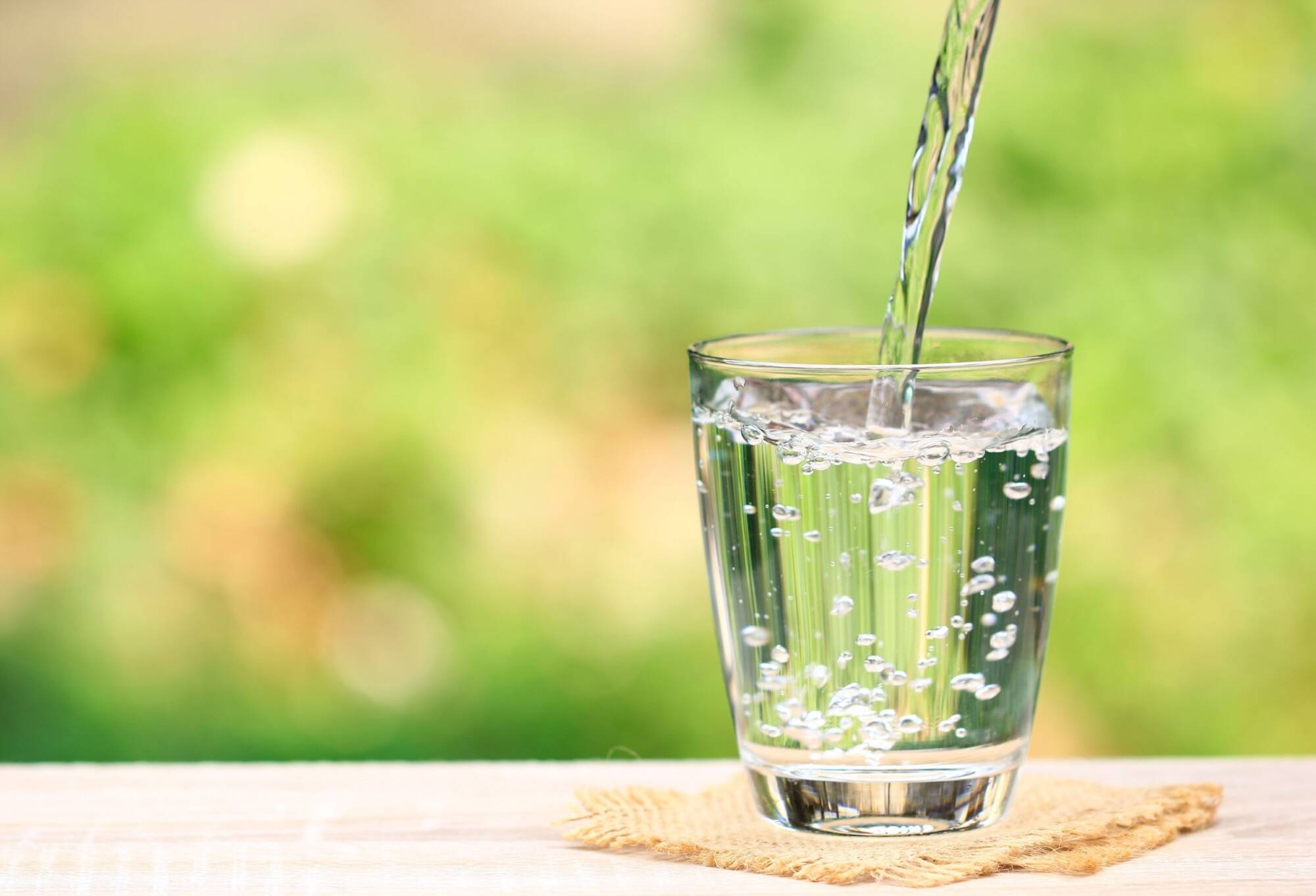
4. Just add Water
Without enough water, this river will slow to a stop and you won’t remove toxins and waste as you should. Not good. To keep this river flowing freely, you need to stay hydrated. Drink up!

5. Reduce your Stress
- Listen to Gut directed Hypnosis and relaxation hypnosis session
- Speak to a hypnotherapist, counsellor or psychologist regularly.
- Meditate regularly.
- Journal or blog to express your feelings.
- Purchase an adult colouring book.
- Find time for hobbies that help you relax.
It also causes our brains to activate ‘fight or flight mode and less essential systems are put on pause, including digestion. Avoid stress eating if you can to allow your body to digest your food properly.

6. Hit the Hay
Irregular sleep can disturb the bacteria in your gut, which can lead to inflammatory issues and other problems with your gut.
Poor sleep also builds stress, which also plays havoc with your gut health.

7. Get up and get moving
All of these factors will lead to an improvement in your gut health.
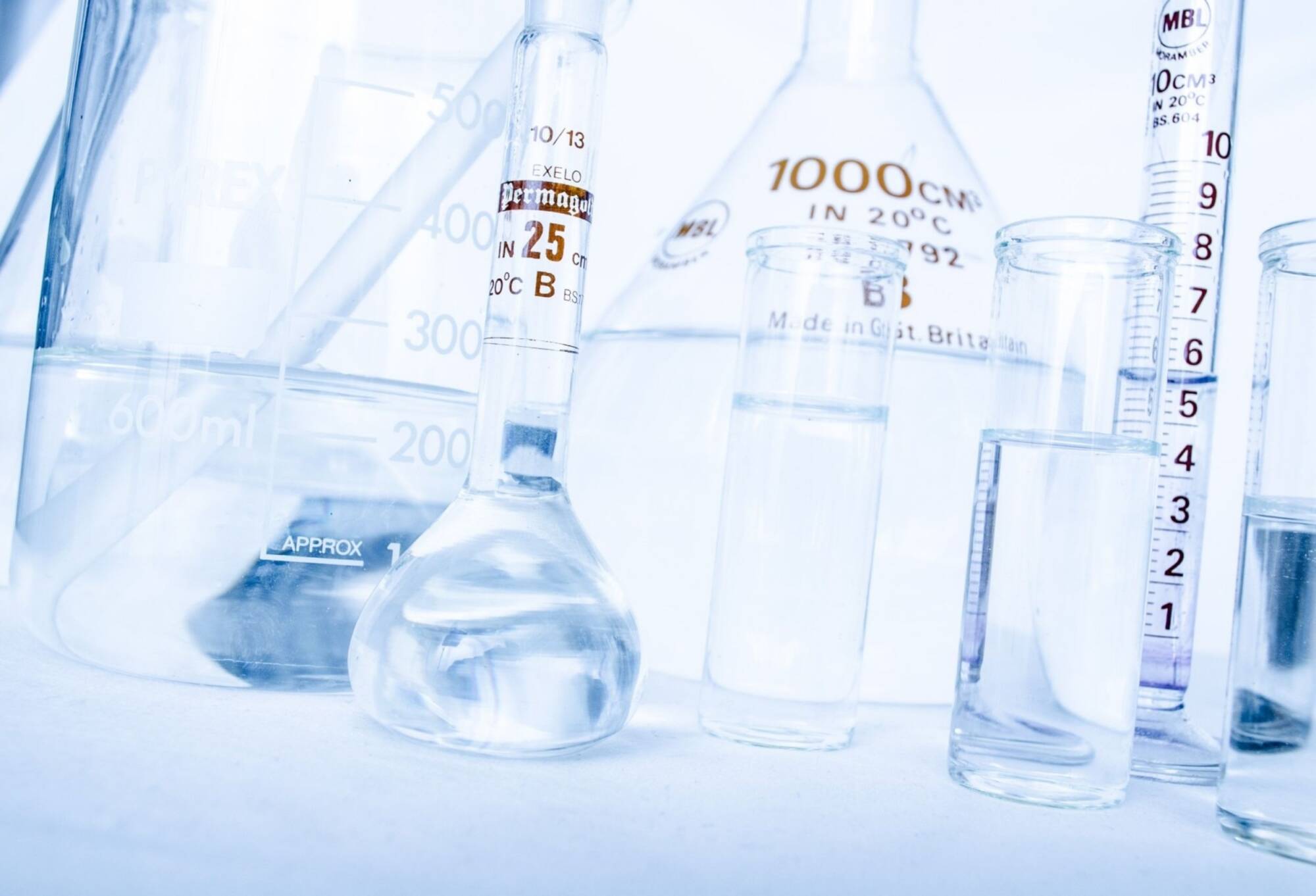
8. Reduce Toxins
Also to consider are all pesticides, chemicals in beauty products and cleaning products, our environment and air quality.

9. Take your Time
Take care of your gut so it can take care of you!
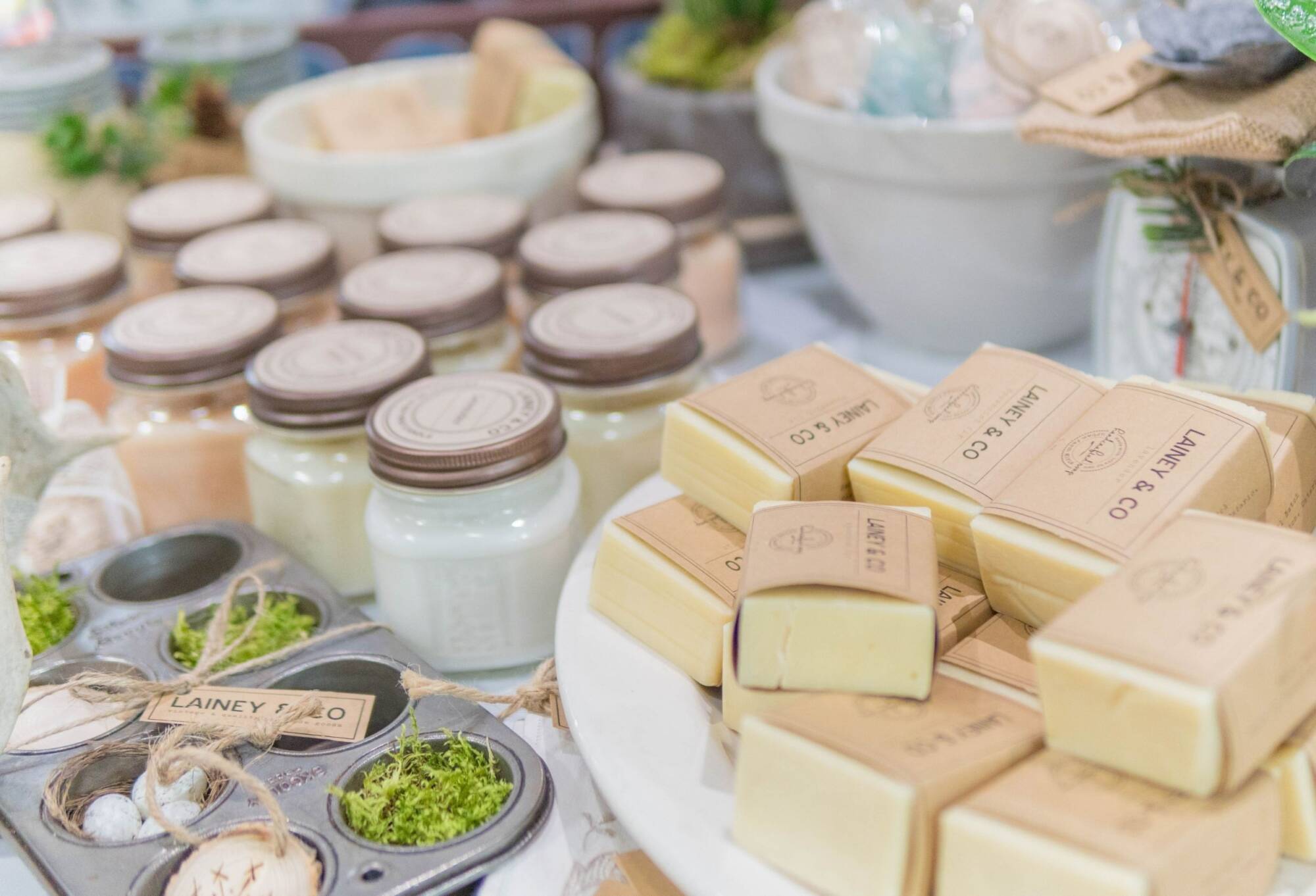
10. Organic Goodness
You can also try reducing the amount of meat you eat or go vegetarian entirely. Animal products can put added pressure on your digestive system and can be high in unhealthy fats. Don’t be fooled y old wives tales, you can get all the nutrients you need without meat. Also, try swapping out your store bought beauty and toiletries for organic and natural alternatives.
11. Gut Directed Hypnosis
As mentioned in tip 5, Stress is a major cause of IBS and Gut related symptoms so we’ve made a couple of gut-directed hypnotherapy IBS session and gut health hypnosis sessions that relieves the stress as well as heals the symptoms.
Our gut-directed hypnotherapy for irritable bowel syndrome session teaches your mind how to relax and while anchoring in ‘after hypnosis’ tools that you use to relax and get ongoing relief as you need it.
Hypnotherapy is a fantastic tool for IBS because you can find relief fast. It helps your mind learn, sometimes instantly how to feel better and break unhealthy habits that just don’t serve us anymore.
Our Gut-directed Hypnotherapy and Gut health sessions both include gut health hypnotherapy, Therefore this IBS hypnotherapy not only covers the symptoms but the cause of the symptoms and your basic hypnosis for gut health. I hope you get a lot out of this IBS hypnotherapy and get relief of your symptoms today.
How do I clean my gut?
When people speak of cleaning their gut, what they typically refer to is cleansing the colon. Whilst there isn’t necessarily a proven need to do this, it can still be beneficial If you’re focusing on cleansing your gut, the best thing you can do is to shift your focus on the food you eat. There are certain foods, that, when eaten regularly, will help to cleanse your gut and colon. These are:
- Broccoli: The old saying of green is good has never been more true. There are so many ways to eat more broccoli, so get creative!
- Milk and Yogurt: These foods contain calcium and bacteria that are beneficial for your gut.
- Raspberries: They’re sweet, delicious, and full of antioxidants! What’s not to love?
- Oatmeal: It’s full of fibre, protein, and plenty of other goodness. Plus, you can add plenty of things to it to make it healthier and more delicious.
- Leafy greens like spinach and kale: They’re good for every part of your body, including your gut.
- Water: Water draws toxins out of your body, so drink as much as you can to flush your body! (literally).
What are the 3 worst foods for your gut?
If only there were just 3 foods to avoid, life would be much simpler. Unfortunately, it’s not that straightforward. To make it a bit easier to digest (pun intended), we’ve narrowed it down to three major food groups that will cause you the most difficulty. The top food groups to avoid are:
- Soft Drinks: Both diet and normal soft drinks are bad for you in so many ways. Excess sugar is awful for your health and can play havoc with your digestive system. When it comes to artificial sweeteners, the biggest issue is a lack of information. However, early studies indicate that they can alter the microbiota in your gut. The fact that they’re carbonated can also lead to bloating and gassy sensations.
- Red Meat: Red Meat can also lead to a reduction in the microbiota in your gut. This imbalance can lead to inflammatory bowel disease, diabetes, obesity, and many other issues.
- Saturated Fats: Eating a high amount of saturated fats (especially those found in fatty meat, butter, and cheese) can affect both the diversity and abundance of your good gut bacteria.
Is coffee bad for Gut Health?
There is a lot of evidence to support the idea that coffee is good for your gut health. Every time you have a coffee, you probably need to go to the bathroom pretty soon after right? This is because coffee does an excellent job at getting your bowels moving. It’s so effective that it can help ease some cases of constipation (it won’t cure you, but in some cases, it can certainly help move things along).
Certain compounds in coffee can help with the production of good bacteria in your gut as well. Some studies support this, however, the results are inconclusive at this moment in time.
However, this is not an invitation to drink an excess of coffee! You should always be mindful of the amount of caffeine that you’re consuming daily. Too much caffeine can affect your sleep, which in turn, can lead to negative side effects on your gut.
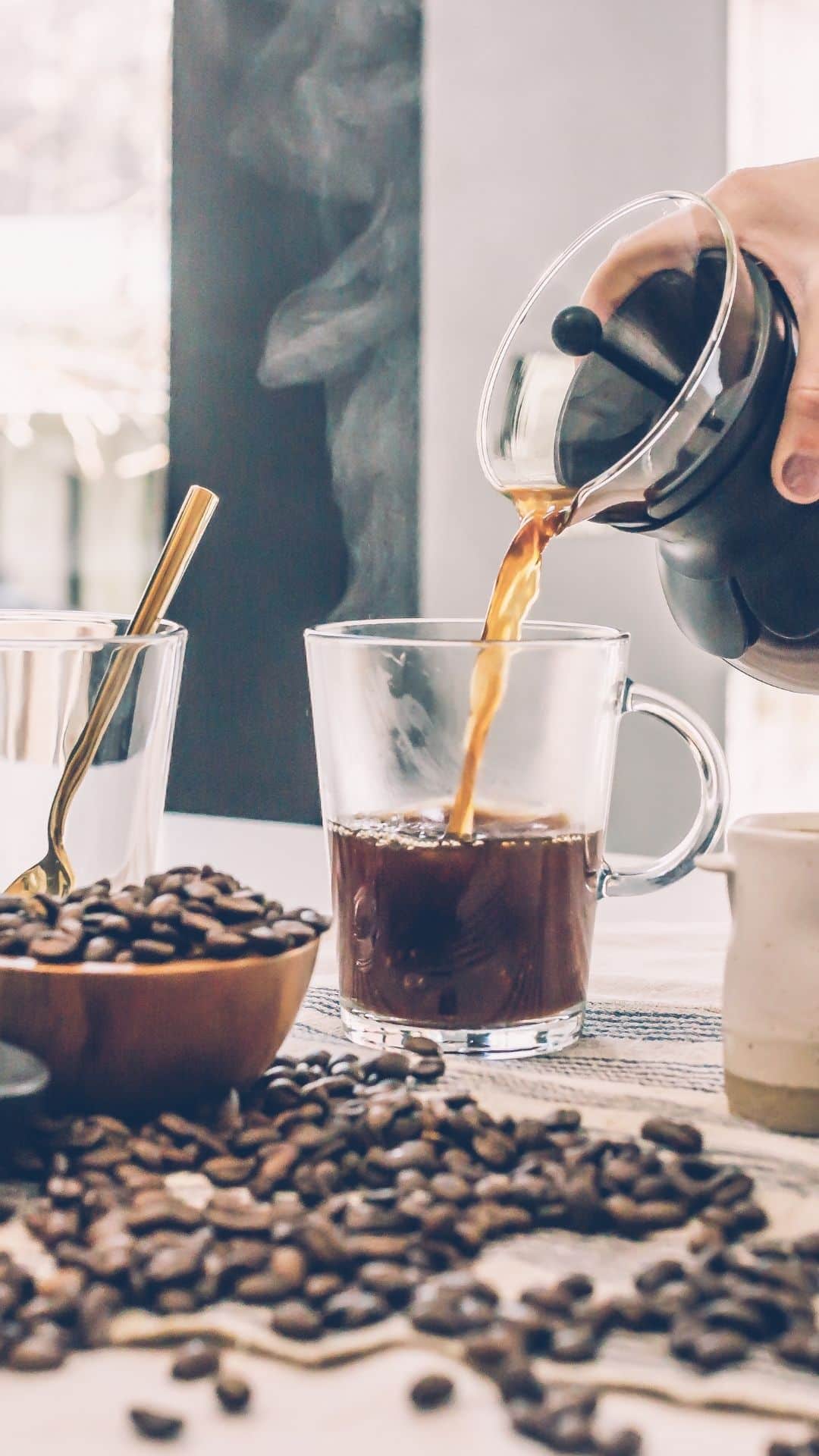
What vitamin is good for your gut?
There isn’t just one singular vitamin that is best for your gut. There a quite a few that have a positive impact on the health of your gut. The best vitamins for your gut are:
- Iron: Iron not only supports the good bacteria in your gut, but it can also help with inflammation.
- Vitamin C: Vitamin C helps with digestion and contributes to the health of your teeth and gums.
- Vitamin B: Vitamin B contributes to positive digestive function – a key aspect of your digestive health. It also keeps your intestines working and helps to protect your abdomen from stress.
- Zinc: Not getting enough zinc leads to a drop in the enzymes you need for digestion. So you need to make sure you’re getting enough.
- Vitamin D: This helps your body absorb calcium and has been proven to reduce the risk of colon cancer, according to certain studies.
- Magnesium: Amongst other positive effects all around your body, magnesium reduces inflammation in your gut by protecting the good bacteria that reside there.
- Selenium: Selenium’s main benefit is it helps your gut to respond better to inflammation.
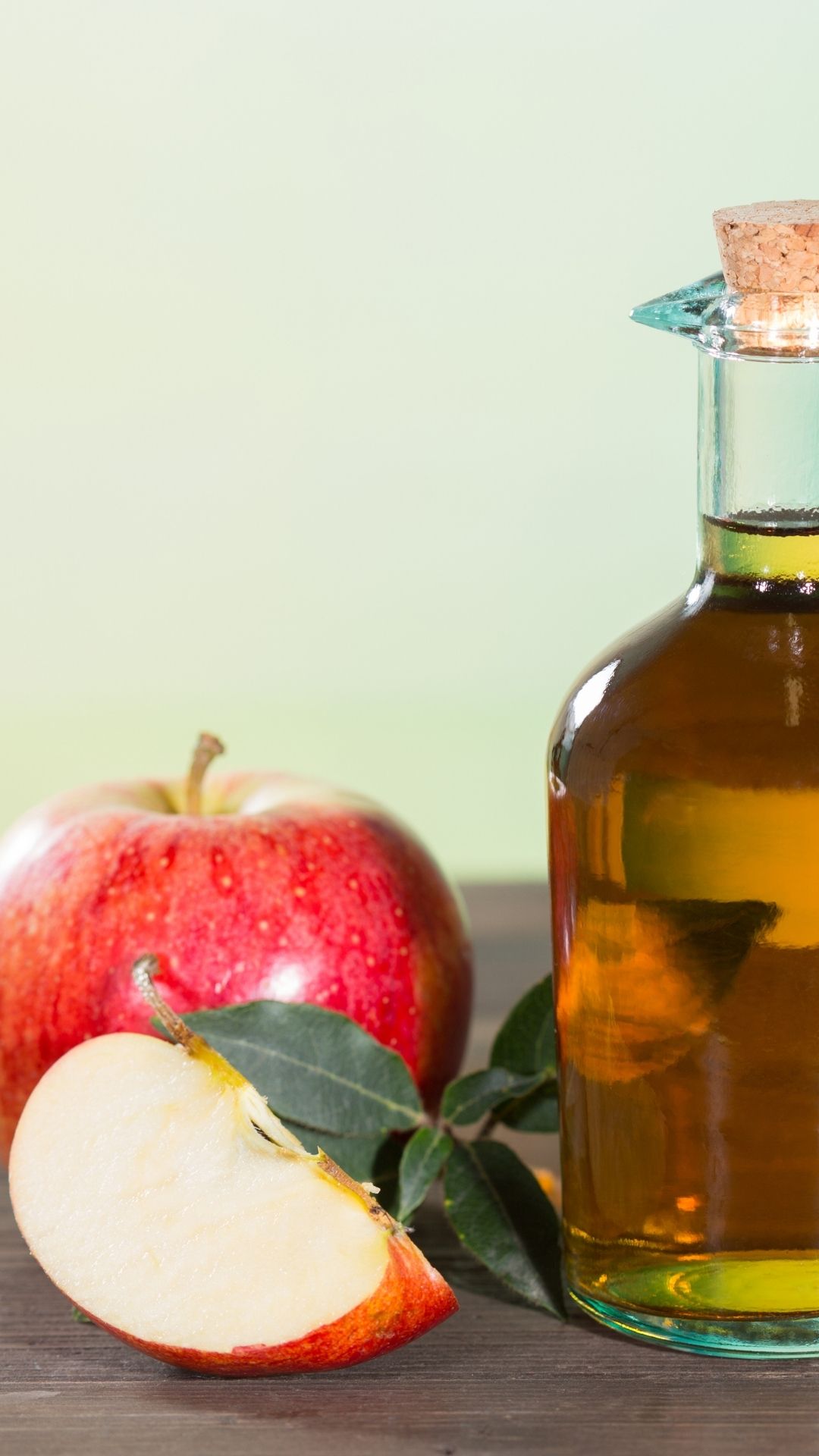
Is Apple Cider Vinegar Good for Your gut?
The benefits of Apple Cider Vinegar have been touted for a long time. It has been used as a treatment as far back as Ancient Greece for a variety of different ailments. However, like many things from ancient times that have been reviewed with a modern lens, it doesn’t always hold up like it used to.
The evidence for the benefits of apple cider vinegar is inconclusive, although some studies highlight some benefits. A study in Japan found evidence that apple cider vinegar might help with weight loss and obesity. Other studies have suggested that apple cider vinegar affected blood sugar levels and insulin in people with type two diabetes. This was only a small study.
Suggestions that it contains probiotics are yet to be backed by any kind of research.
What is your Microbiome?
Your microbiome is made up of all the genetic material within a specific microbiota. A microbiota is the entire collection of microorganisms in a specific area of your body – like your gut.
This is sometimes referred to as your microbiota. This group of microorganisms in your gut is a collection of good and bad bacteria which need to keep in a healthy balance to maintain the regular and proper function of your gut. If this is out of balance, this is where issues begin to occur.
This is what people are referring to when they discuss the biodiversity of your gut.
What everyday toxins impact gut health?
As we go about our day to day lives, we are exposed to countless toxins that are harmful to our health. This can come from so many places – the money we touch, countertops, even the air we breathe. Unfortunately, this even happens in our homes. Household cleaning products can contain harmful substances and even the food we eat can carry harmful toxins in the form of pesticides.
The impacts of these chemicals can include:
- Killing the microbes that reside in your gut.
- Changing the nutrients in your gut for the worse.
- Changing the connections and networks between the various microbes in your gut.
- Lowering and altering the growth rates of the microbes in your gut.
Many of these toxins enter our system by accident, which is when our gut has to play the role of gatekeeper to manage these toxins. The main toxins we encounter are:
- Pesticides: These are used to manage bacteria and parasites that damage crops. When unwashed, traces of these substances can remain in our food which we then eat and ingest.
- BPA: This is found in plastic materials, such as packaging. When purchasing items, such as containers or water bottles, check that they’re BPA free. BPA has several health impacts, including a negative impact on your microbiome diversity.
- Phthalates: This is found in plastics, personal care products and even fragrances. They disrupt the microbiome and can even affect fertility.
- Triclosan: This is an antibacterial that kills both good and bad bacteria. As we’ve already learned, you need both for the healthy function of your gut.
These are among the more common substances. Others include Parabens, Benzophenone, Dioxins, Polychlorinated Biphenyls, Polycyclic aromatic hydrocarbons and Brominated flame retardants.
Do your research, check labels and avoid these substances as much as you can.
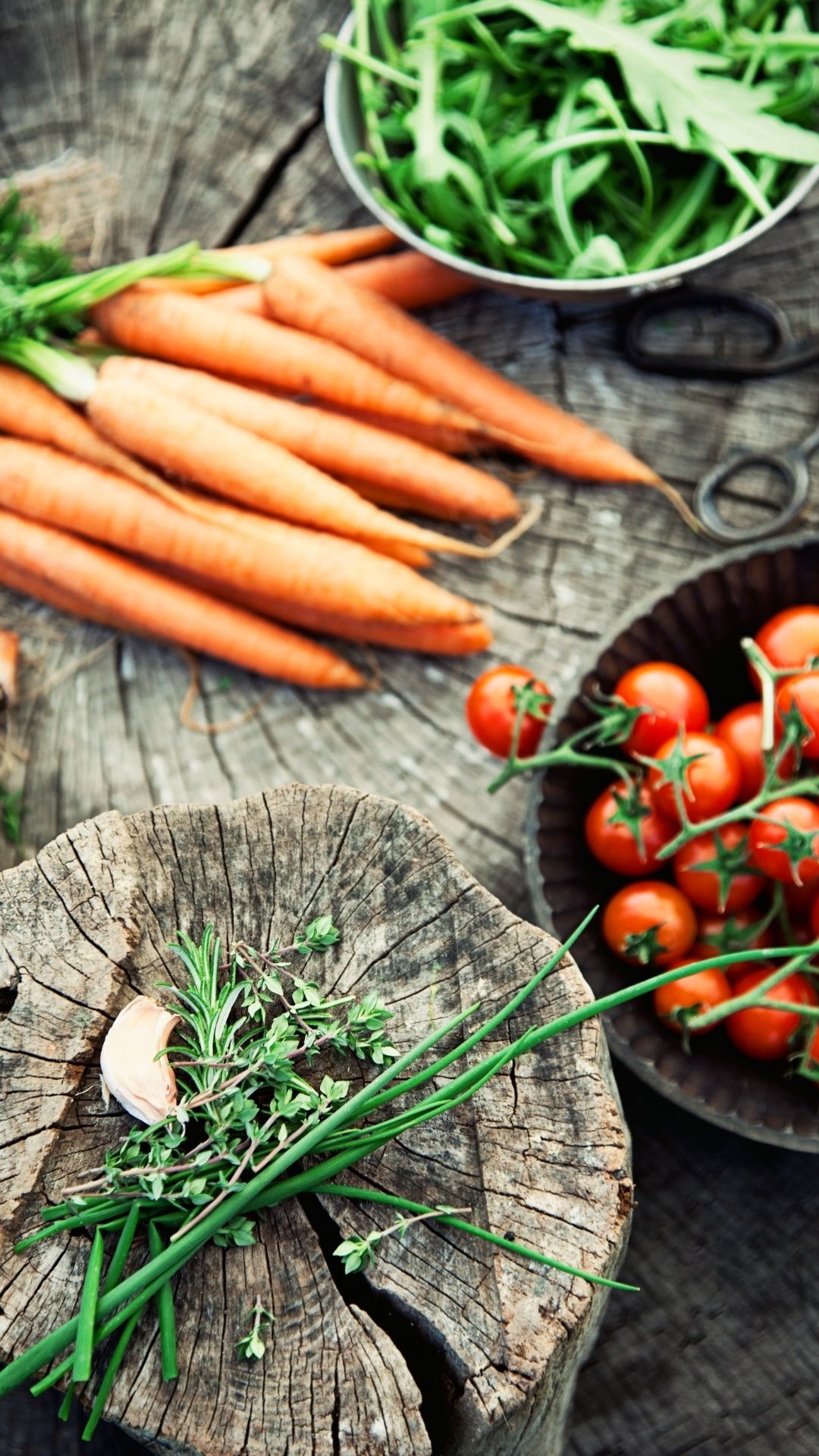
Why are organic products good for your gut health?
Simply put, organic products, whether it is the cleaning products you use or the food you eat, are better for your overall well being.
Organic food is absent of many pesticides that are harmful to your health. Amongst the many negative impacts these pesticides have, one of the biggest concerns is the impact they have on your gut. These substances can alter the balance of your microbiome, and kill off the bacteria present in your gut (both good and bad). This throws your inner biodiversity out of balance, which has several serious negative impacts.
Similarly, many organic cleaning products are free of harmful chemicals and substances. When we prepare our food, for example, the residue of our cleaning products can end up on our food and in our digestive system when we eat it. If these chemicals aren’t present in your home, this simply doesn’t happen.
Furthermore, non-organic cleaning products almost do too good of a job cleaning our homes. Our bodies are pretty amazing and are a lot tougher than we think. They are designed, by nature, to handle many ‘harmful’ bacteria that we encounter in the natural world. Chemical cleaning products remove the existence of the substances entirely, which denies our bodies the necessary exposure we need to build our natural immunity.
We are by no means saying you shouldn’t clean your home. We are simply saying choose organic products wherever you can. Think of this exposure as training for your immune system. It learns to identify and stop the substance from harming you.
We will cover a list of homemade self-care and cleaning products that you can make at home in another article! These will not only save you money, they’re better for you, your family, and the planet!
Is Hand Sanitiser Bad for Our Gut Health?
We are going to preface this with one key point: Hand sanitiser is an important part of slowing the spread of highly infectious diseases. Under the current climate, hand sanitiser is being used more than usual for good reason. This is, of course, an unprecedented period, and so the typical advice around this product has changed slightly.
Washing your hands properly with soap and water is still proven to be the most effective method for cleaning your hands. Hand sanitiser comes in at a close second. The difference between standard soap and hand sanitiser is that hand sanitiser aims to kill all of the bacteria present on your hands – good or bad. This can affect the microbiome balance in your body. Especially if the hand sanitiser present on your hands comes into contact with your food, which you then eat.
It’s recommended you only sanitise your hands when necessary. Instances of when this is recommended are when you visit a hospital, doctors office, public bathroom, public transport or when you cough and sneeze in your hand. Where ever possible, wash your hands with warm soapy water over sanitising.
What food heals your Gut?
We’ve discussed a lot of things you shouldn’t do to help the health of your gut. Let us look at some of the best foods you can eat to health your gut and improve your gut health overall.
Eating these foods in heavy rotation will have great benefits for your digestive balance in the long term:
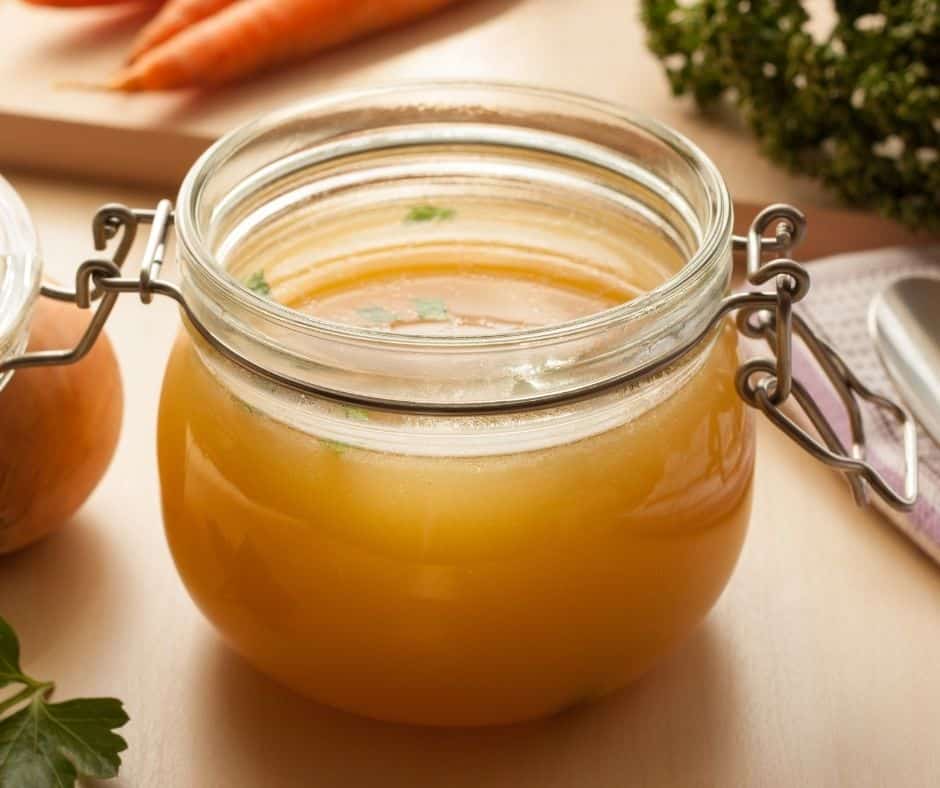
Bone Broth
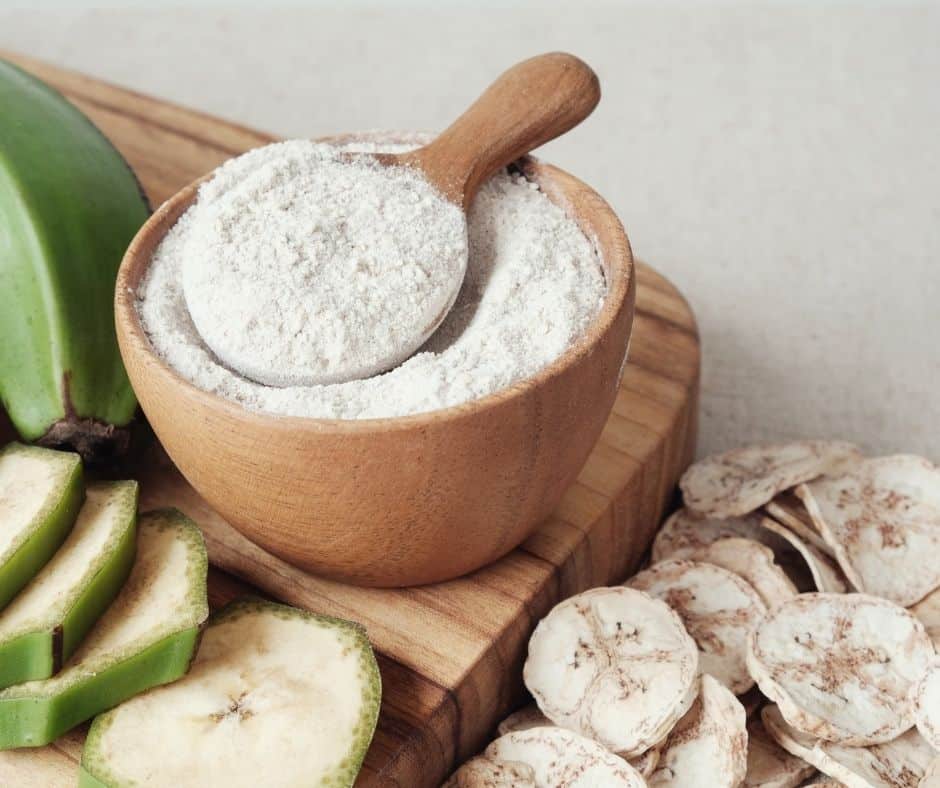
Resistant starch
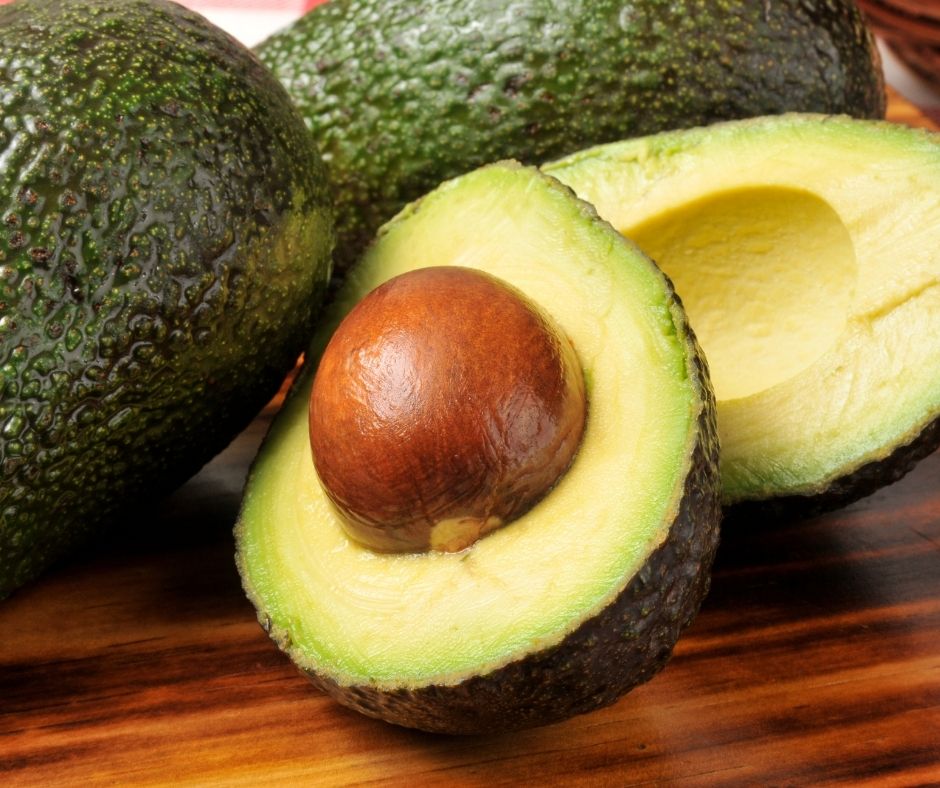
Avocados
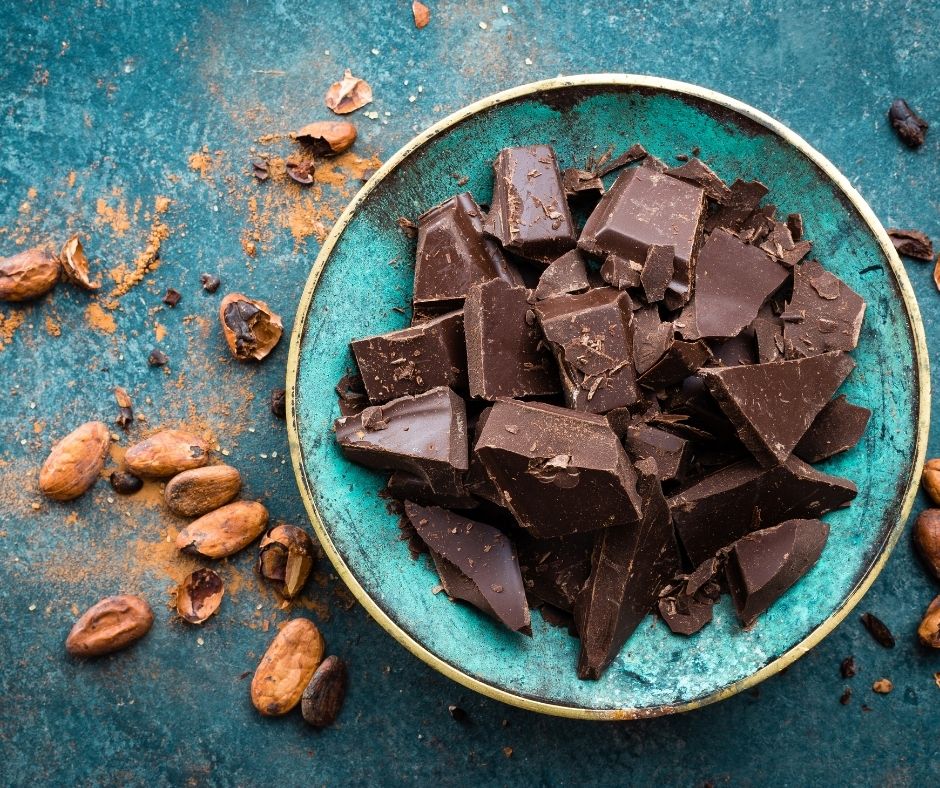
Dark Chocolate

Fatty Fish
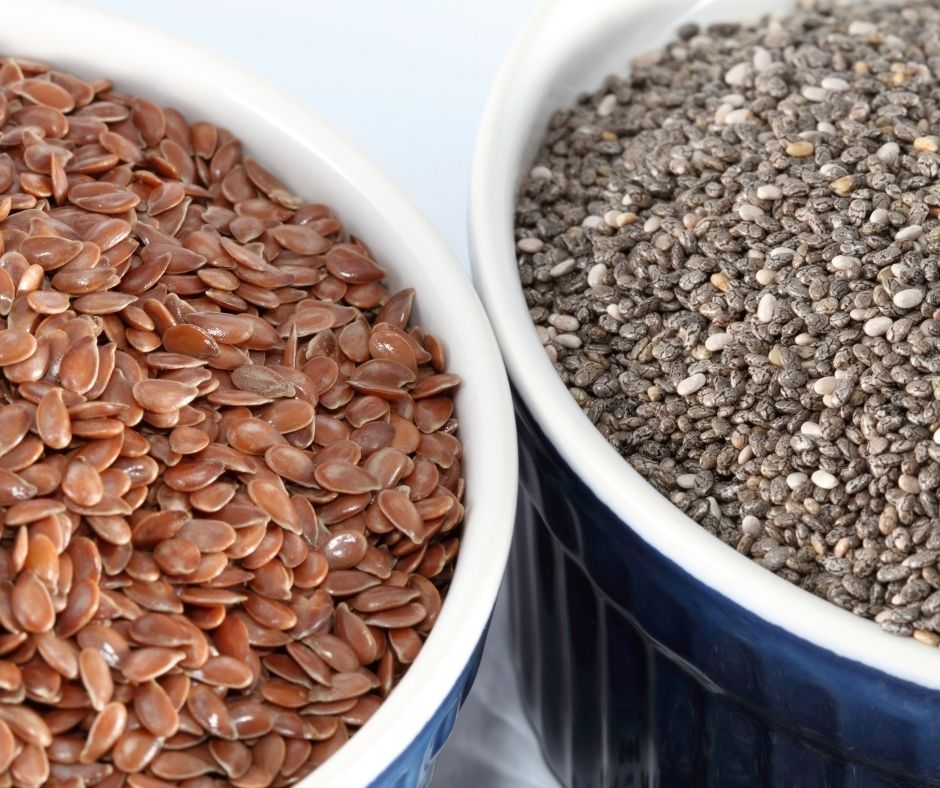
Chia Seeds and Flaxseeds
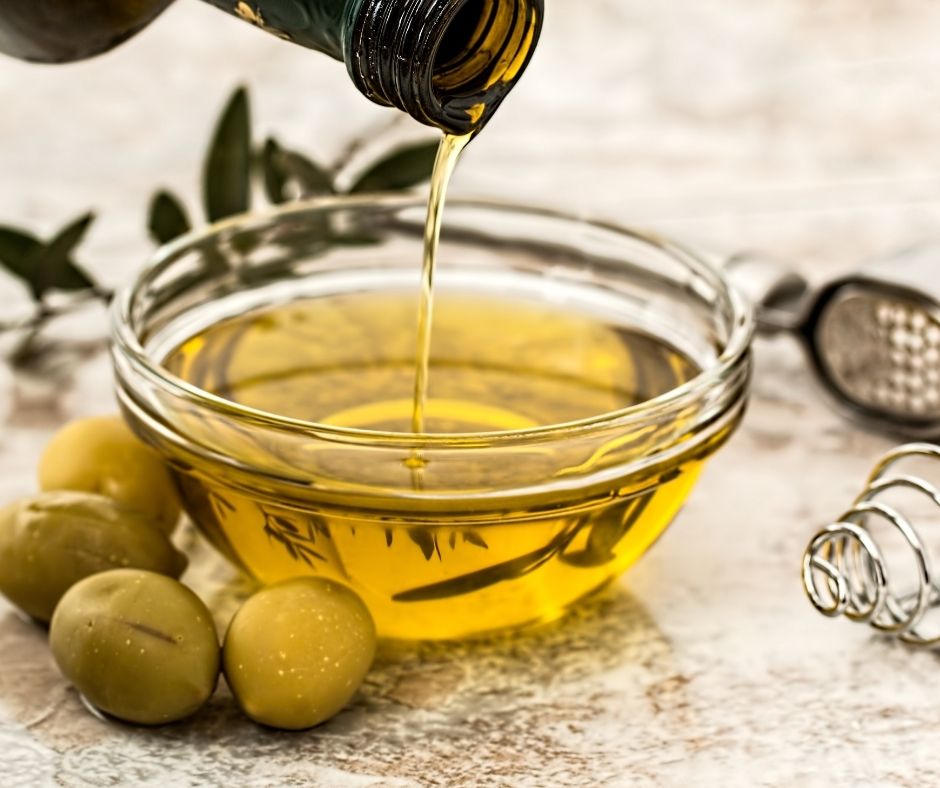
Extra Virgin Olive Oil
Click here to write to us and let us know
MINDSET

Why You Self-Sabotage Your Weight Loss Goals
10-MINUTE...
WEIGHT LOSS HYPNOTHERAPY
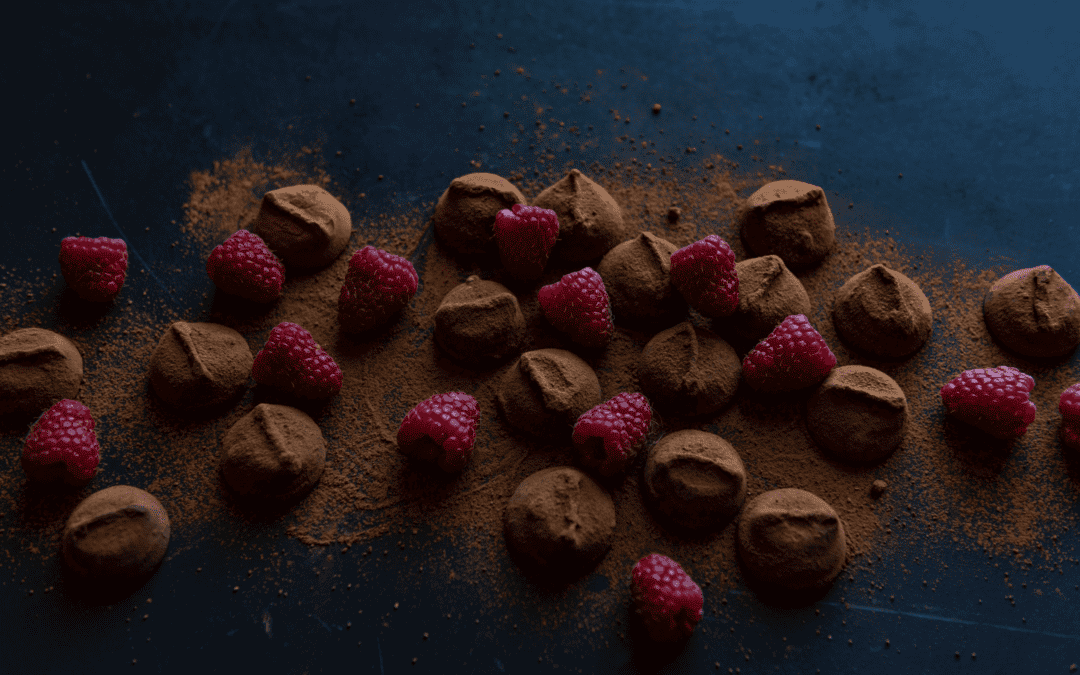
Resist Eating Chocolate Hypnosis
Hypnotherapy Session...
NUTRITION

Moist and Light Flourless Carrot Cake
Moist and Light...

